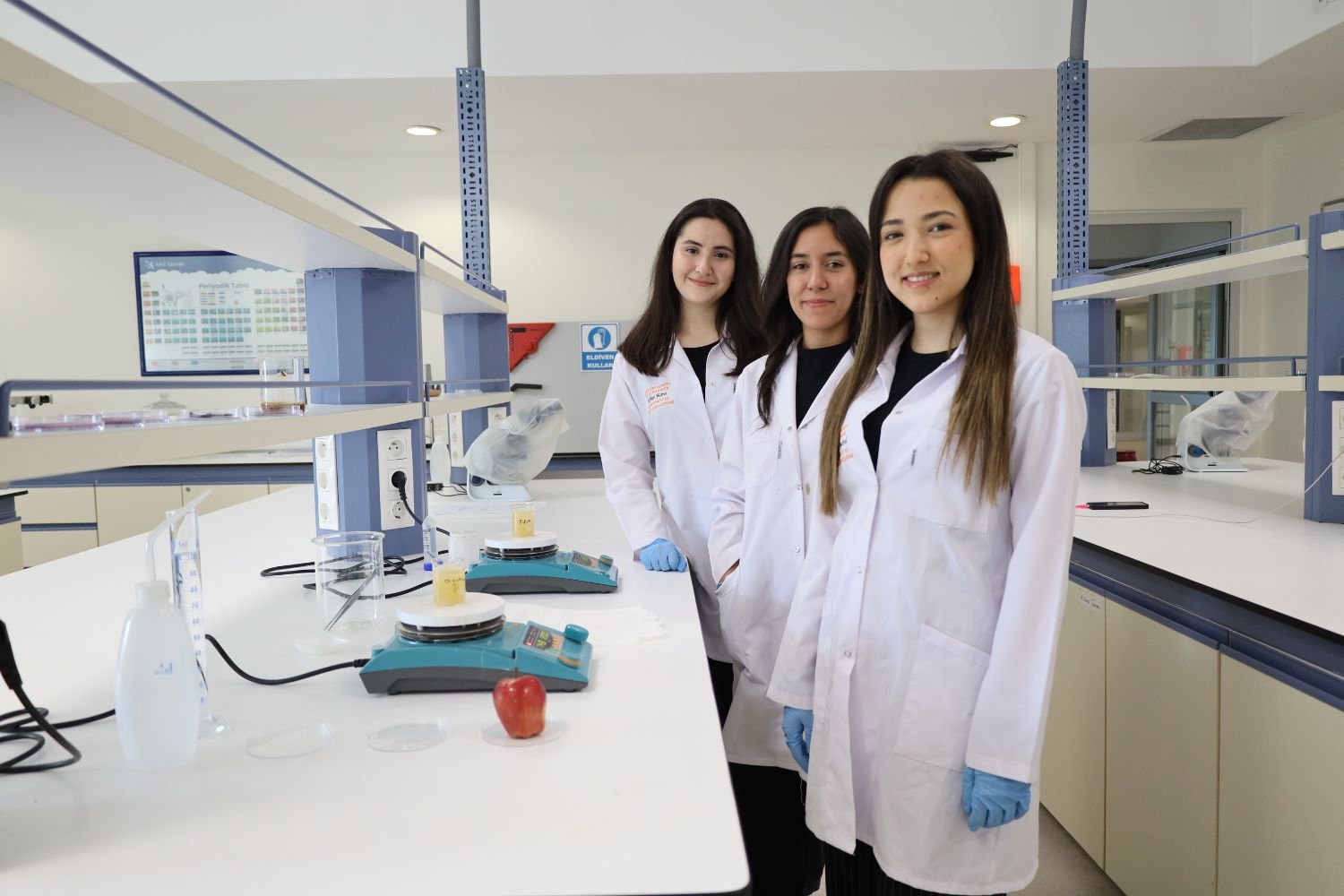
...

...
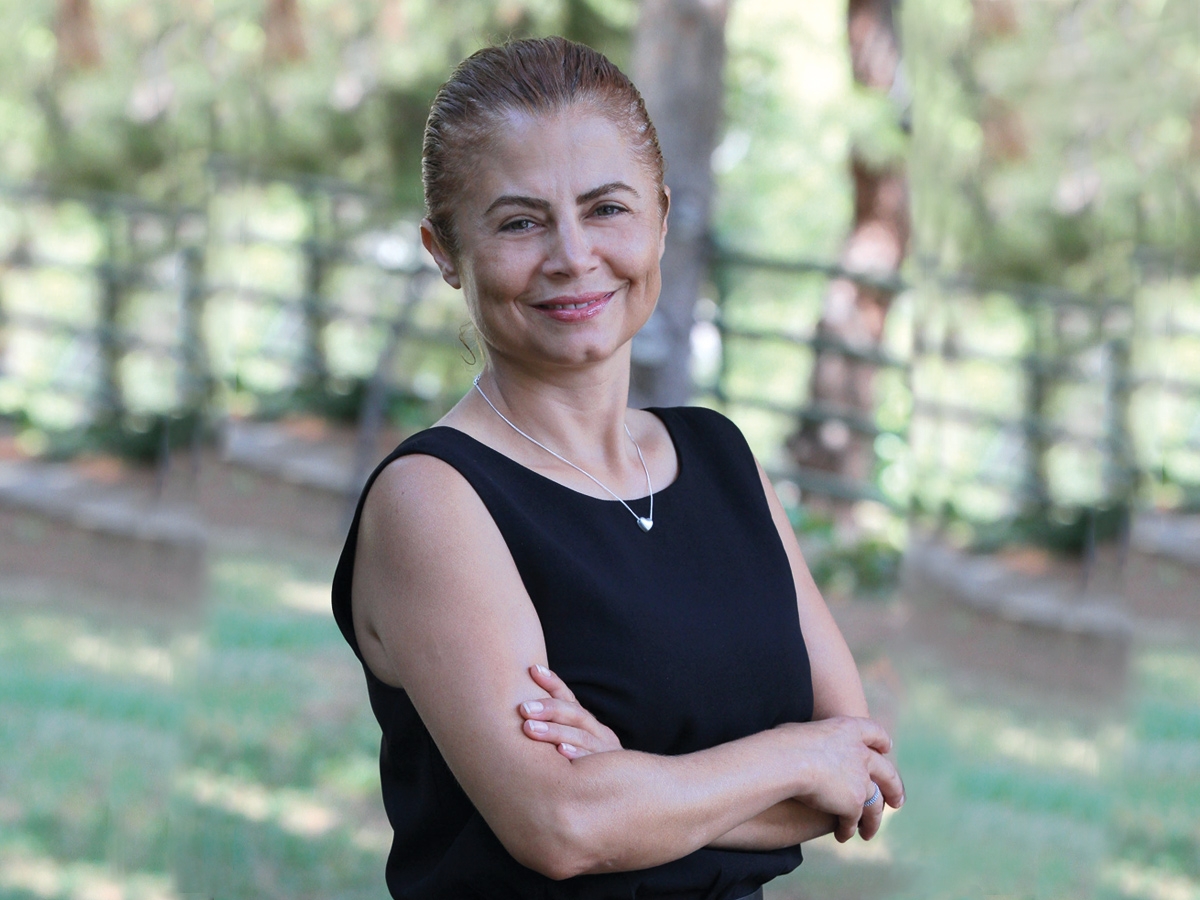
Online 'weight loss' period
The increase in time spent at home to protect against coronavirus and the habit of sedentary life caused a "weight" ...

The Aegean is distributing healing
The fear of catching coronavirus, which is transmitted to more than 73 million people worldwide, and the increase in flu ...
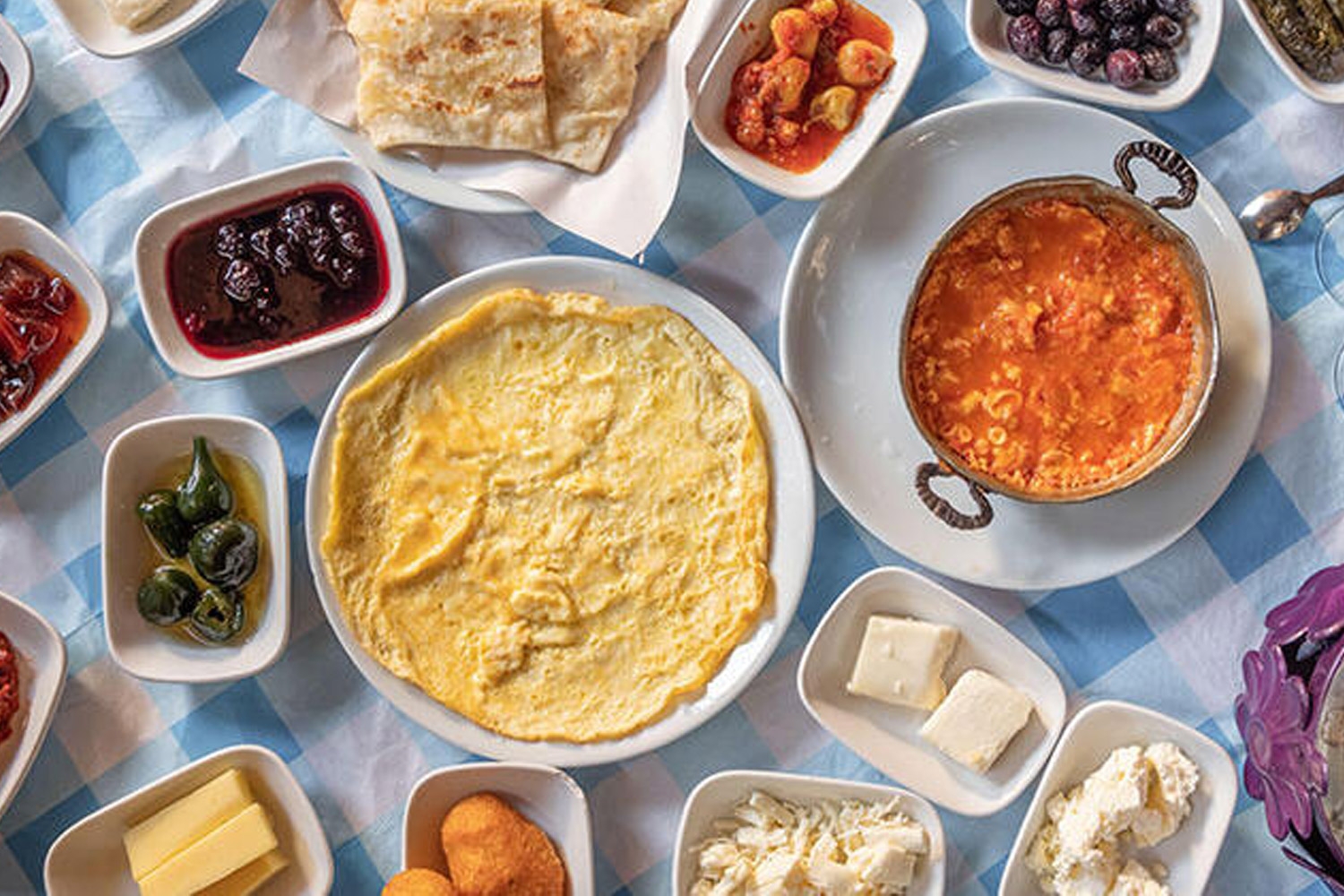
Pandemic changed eating habits
The coronavirus, which negatively affected life in many issues from daily life to work and social interaction, also changed the ...
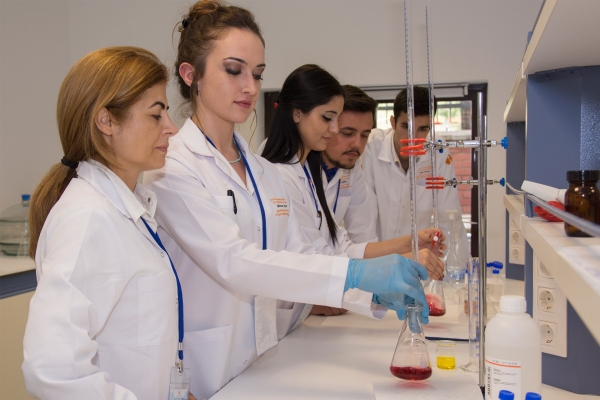
HIGH-SCHOOL STUDENTS EXPERIENCED COLLEGE IN FOOD ENGINEERING LABORATORIES
“SCIENCE DAYS” event was organized by Department of Food Engineering in Izmir University of Economics. This event aimed to teach ...
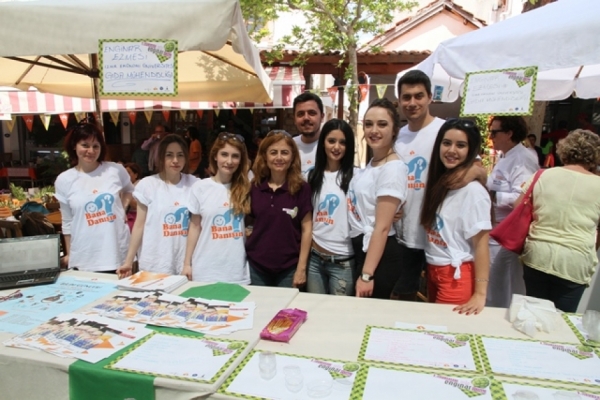
STUDENTS OF FOOD ENGINEERING DEPARTMENT DEVELOPED 'ATRICHOKE PASTE' FOR FIRST INTERNATIONAL URLA ARTICHOKE FESTIVAL
Most of the attenders enjoyed the 'Artichoke Paste', developed by the students of Food Engineering Department. ...
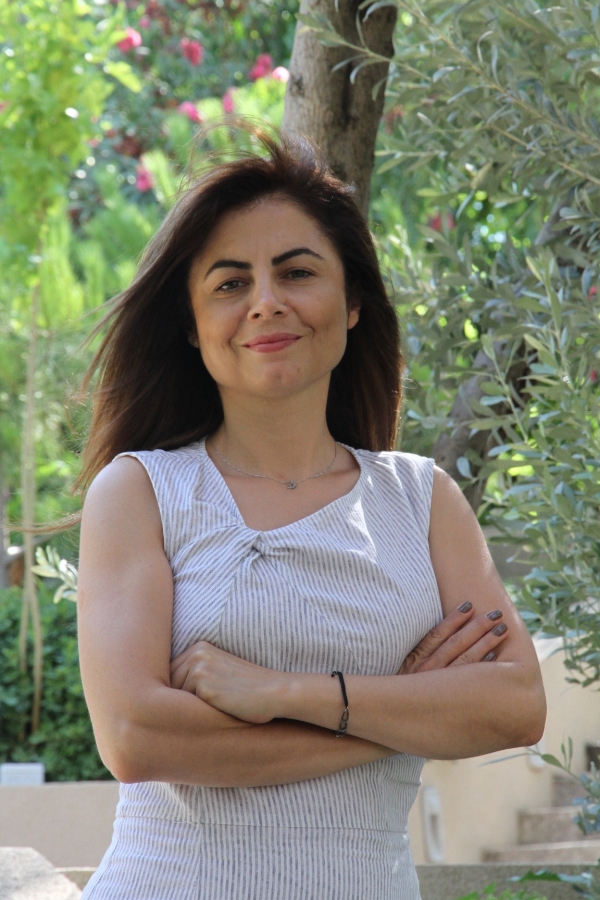
MAINTAINING HEALTHY EATING HABITS DURING HOLIDAY SEASON!
As the students got their report cards and started a long summer holiday, the experts pointed out the importance of ...




